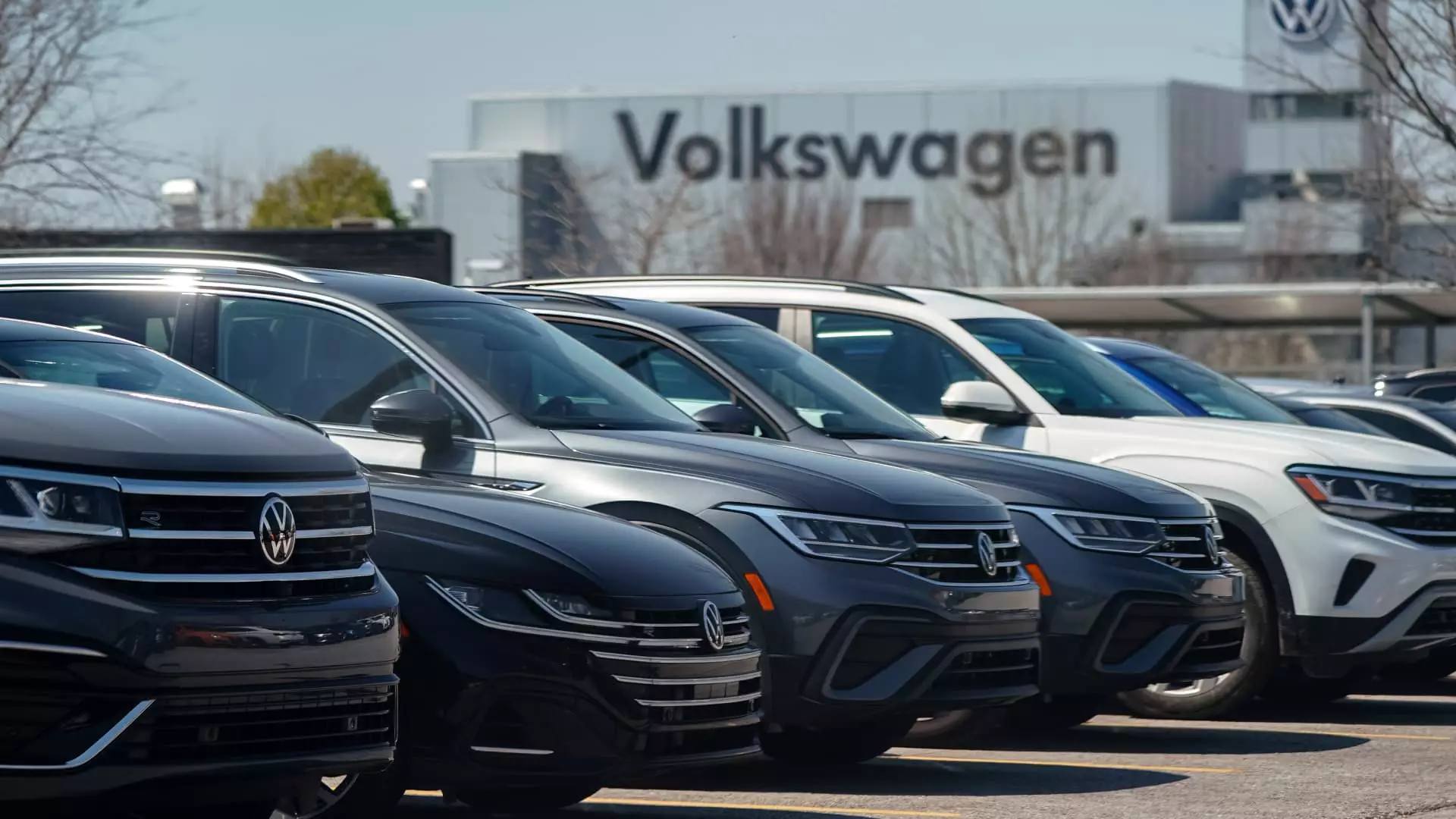The United Auto Workers achieved a significant victory over the weekend as Volkswagen workers in Chattanooga, Tennessee voted overwhelmingly in favor of joining the union. This victory marks the UAW’s first successful attempt at organizing a foreign-owned automaker plant in the South. The implications of this vote have the potential to affect other automakers, organized labor, and the overall U.S. automotive industry. With 73% of the vote in favor of the UAW, or 2,628 workers, the National Labor Relations Board will oversee bargaining for roughly 4,300 workers covered under the vote. The NLRB still needs to certify the results, but the outcome is a groundbreaking achievement for the UAW.
The UAW viewed the VW vote as a crucial opportunity to organize the Chattanooga plant after successful negotiations with General Motors, Ford Motor, and Stellantis in 2023. This victory serves as a catalyst for the union’s organizing efforts at 13 non-union automakers in the U.S., including BMW, Honda, Hyundai, and Tesla, to name a few. The aim is to cover nearly 150,000 U.S. autoworkers under the UAW umbrella. This success is likely to inspire further action within the industry and beyond. The next target for the union is the 5,200 workers at the Mercedes-Benz plant in Alabama, with a formal election scheduled for May 13 through May 17.
One of the primary outcomes of the UAW’s victory at VW is the potential impact on labor costs. UAW organizers leveraged the record contracts with Detroit automakers to garner support in Chattanooga. While this may lead to upward pressure on wages for VW workers, it could also help even the playing field for GM, Ford, and Stellantis, who have higher labor costs compared to non-unionized automakers like VW. However, there is no assurance that VW will agree to the same terms as traditional domestic automakers. The negotiation process between the union and VW is expected to be challenging.
Although opposition during the VW vote was minimal, the letter from six Republican governors condemning the UAW’s organizing efforts highlighted potential concerns about unionization leading to job losses. While the UAW has been strategic in its campaign, it faces challenges in rebuilding its membership, which has significantly decreased over the years. The free trade agreements that allowed automakers to produce vehicles elsewhere have impacted UAW membership, which peaked in 1979 but has declined since then. The union will need to address these challenges to ensure its sustainability in the evolving automotive industry landscape.
The UAW’s victory at Volkswagen’s Chattanooga plant marks a significant milestone for organized labor in the U.S. and has the potential to influence future organizing efforts in the automotive industry. The impact on labor costs, bargaining power, and industry dynamics will likely shape the future of the U.S. automotive sector. Investors should closely monitor these developments as they unfold and consider the implications for their investment portfolios in the automotive industry.


Leave a Reply